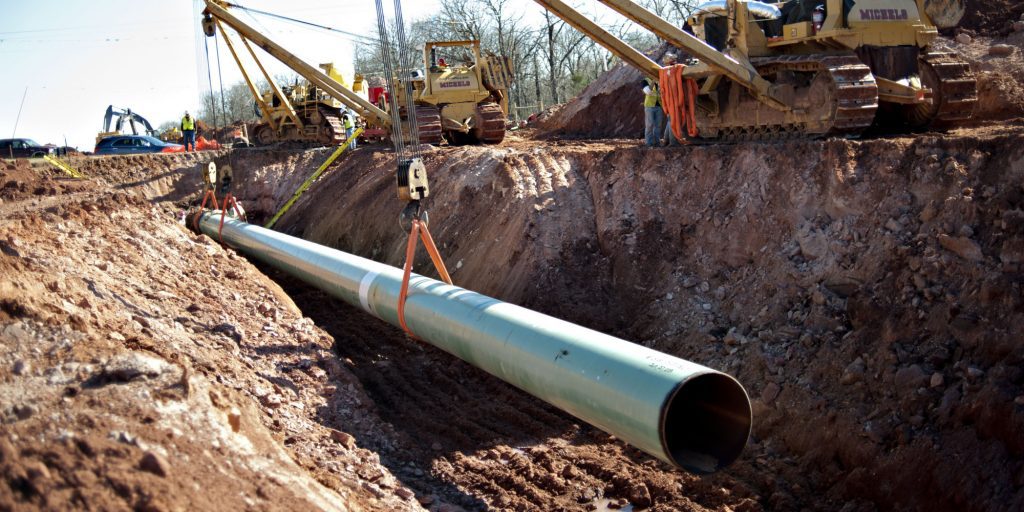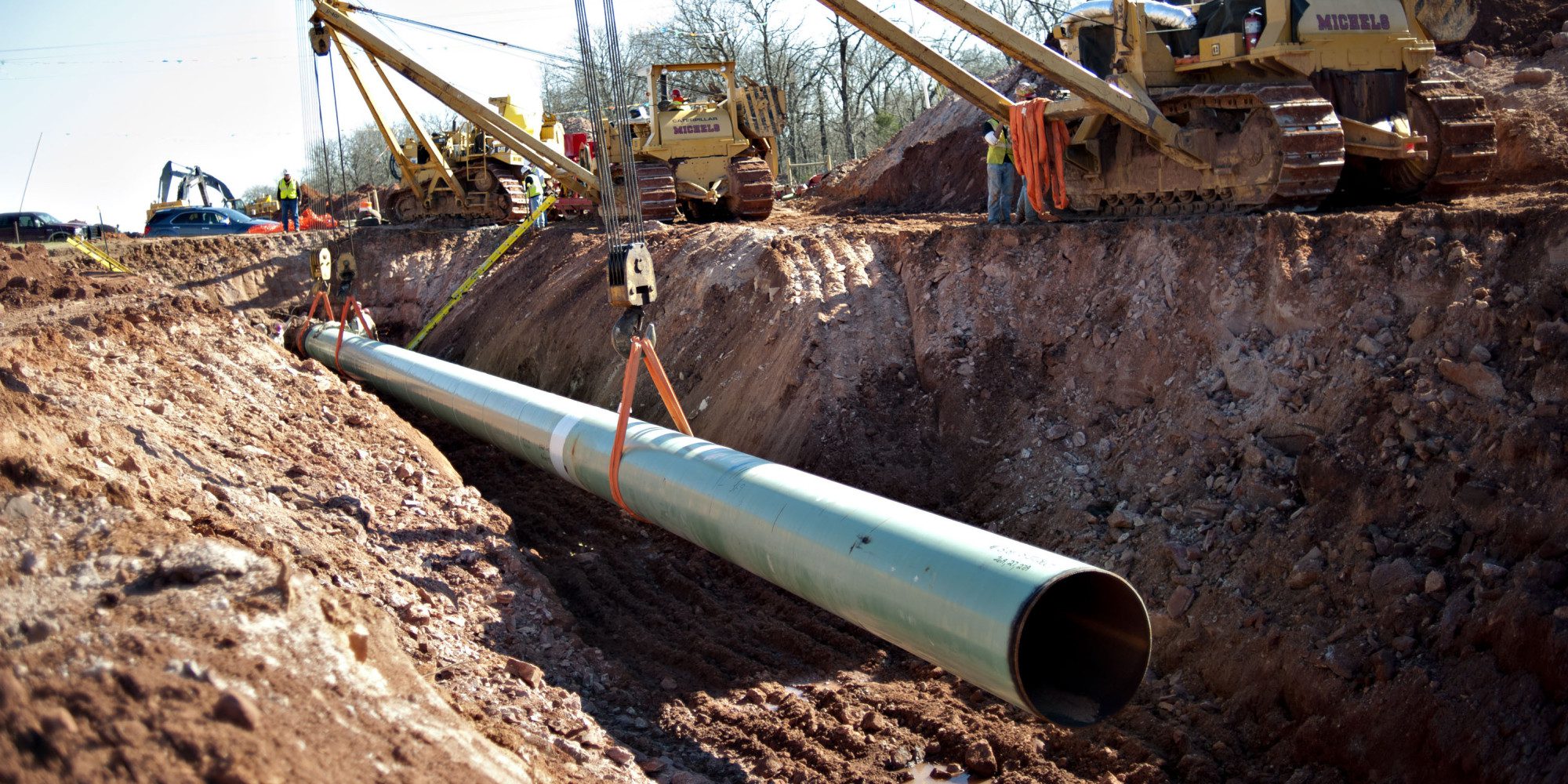The federal government has repeatedly promised to restore Canadians’ faith in the pipeline review process. To do this, Prime Minister Trudeau pledged to “modernize” the National Energy Board (NEB). But is the newly appointed NEB reform panel exactly what a clean slate looks like? Three of the five members tasked with the modernization of the NEB have close ties to the pipeline industry. Not a good start if the aim was to create an objective process.
Take action: Tell the federal government to fix the pipeline review process.


Earlier this week, Minister of Natural Resources Jim Carr released a statement announcing that the federal government was moving forward with its promised modernization of the NEB. The Minister created a five-member expert panel tasked with reviewing the NEB’s structure, role and mandate. It will report back to Cabinet with recommendations by March 31, 2017.
To be clear, the modernization of the NEB is a welcome step in the right direction, and long overdue. The existing process for reviewing major energy projects like pipelines is deeply flawed and does not have the confidence of Canadians, as the botched Energy East and Kinder Morgan reviews showed.
The new Expert Panel is supposed to fix this.
Let’s take a closer look at what’s to like about the panel. It is mandated to enable public participation, engage Indigenous communities, and gather input from stakeholders to prepare a report to Cabinet on what the reformed NEB should look like. The Expert Panel includes First Nations representation, as well as expertise in policy, energy, business, environment, scientific, regional and Indigenous knowledge.
However, digging a bit deeper reveals some ugly stuff. It appears that the Panel has a pretty strong bias – three of its five members have worked in organizations closely related to the pipeline industry, including TransCanada. This is an alarming development for Canadians concerned that the NEB suffers from “regulatory capture” and has consistently shown a pro-industry bias in recent pipeline reviews.
The Panel’s co-chair, Hélène Lauzon, is the president of the Quebec Business Council on the Environment (QBCE). The organization purports to represent “its members’ concerns regarding environmental and sustainable development issues.” Those members include TransCanada, Enbridge, Valero (owner of the Quebec-area refinery that processes tar sands oil), natural gas distributor Gaz Métro, and shale gas company Questerre. Meanwhile the QBCE’s Board of Directors includes executives from Gaz Métro and the Canadian Fuels Association, which is the industry association for the petroleum refining, distribution and marketing sector.
The Panel’s other co-chair, Gary Merastry, a former Member of Parliament from Saskatchewan, is now on the Board of Directors of the Canada West Foundation. The Calgary-based organization has promoted the extraction of fossil fuels and the construction of new pipelines, including Kinder Morgan, Energy East, and Northern Gateway for years. The Canada West Foundation’s CEO recently defended the existing NEB process and argued in favour of a narrow regulatory scope focused on pipeline safety.
Another Panel member, Brenda Kenny, is former president of the Canadian Energy Pipeline Association (CEPA), the oil and gas pipeline industry lobby group that includes TransCanada, Enbridge and Kinder Morgan as members. Four years ago, when the Canadian government used omnibus legislation to gut Canada’s environmental laws and pave the way for pipeline construction, it was revealed that CEPA had lobbied for the devastating legislative and regulatory changes. Documents obtained through the Access to Information Act show that Brenda Kenny herself signed letters to senior government officials asking for the hollowing out of key environmental laws.
It doesn’t seem likely that a biased panel like this will in any way restore public confidence in the NEB and the pipeline review process. Pipeline industry insiders should not have been put in charge of reforming the federal body that regulates pipelines. The last thing Canadians want is “business as usual” when it comes to the broken and discredited NEB.
Take action: Tell the federal government to fix the pipeline review process.







